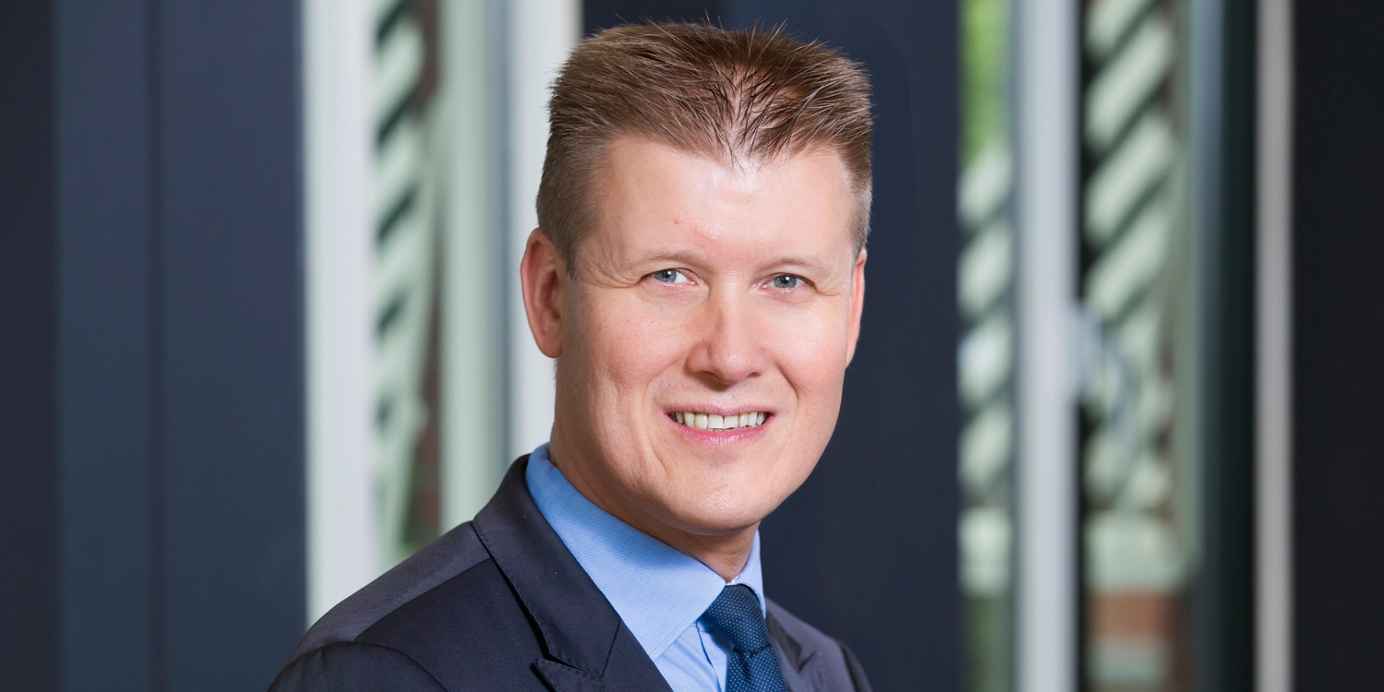Now more than ever we need to build an economy that is fit for the future: one that is more resilient, more sustainable and more inclusive. This choice of articles shows how the financial sector plays a crucial role here. Allocating the capital for change is a powerful and necessary task to realise real change.
Enjoy reading and stay connected for a year of new articles and publications in 2021!
1. It’s time to deep clean our economy
We need to disinfect the investment industry and shift it away from focusing purely on financial performance and returns to shareholders, argues Jacco Minnaar, Chair of the Management Board at Triodos IM. Why? Because the economy is not only about money. If economic development aims to improve the wellbeing of people, then, ultimately, the economy should reflect how well society is run and the level of our wellbeing.
“The entire industry needs to become more ambitious and more responsible.” Read his blog.
2. Using technology to connect to our food
Online grocery shopping has taken flight. Read the insights of Tobias Schubert and Roman Hartmann, the two founders of Farmy, an online market for sustainable local shopping in Switzerland. They explain the role of technology, the importance of transparency, and how Farmy has tripled its revenues since the onset of COVID-19.
Find out more in the full interview
Farmy is part of the investment portfolio of Triodos Organic Growth Fund, which provides long-term private equity to European frontrunners in the sustainable food sector.
3. Different choices, new opportunities.
"It is time to start considering the economic and financial consequences of the pandemic and how they will change our economy, and also what this means for the investment landscape. We cannot and should not return to the situation before March 2020, but move towards a sustainable, resilient and inclusive economy," says Hans Stegeman, Chief Investment Strategist.
He is the author of the Triodos IM vision paper ‘Investing in radical change’, in which we share our views on the investment landscape in a (post) COVID-19 world. One of the main conclusions from the vision paper is that radical economic change requires a different role for private capital. Investors can and should play a differentiating role in how they contribute to the transition towards a more sustainable and resilient economy.
Read the article and explore the full report.
4. A big stepping stone towards the energy transition
GroenLeven, financed by Triodos Groenfonds, developed one of the largest floating solar farms in Europe. In this interview, CEO Roland Pechtold explains the need for innovation to step up the energy transition. “For GroenLeven this floating solar project constitutes an important stepping stone in the process to make the Netherlands fossil free.”
Fund Manager Angeles Toledo Rodriguez: "This project is a perfect match with our mission to finance innovation in the renewable energy market. It is also a landmark project for the dual use of scarce space in the Netherlands."
Find out more about GroenLeven’s challenging journey to realise this project and its ambitions for the future.
5. Coordinating principles to support the microfinance sector
In May 2020, financial inclusion fund managers, including Triodos IM, signed a Memorandum of Understanding to coordinate their responses to COVID-19. This collective initiative will be the basis of the sector’s response to the challenges faced by financial institutions and their clients around the world.
Frank Streppel, Head of Global Investments and among the initiators: "By working closely as a group we can act efficiently and swiftly, on a case-by-case basis. Measures may include rescheduling of payments and a payment moratorium. All with the aim to support financial institutions in a position to address the needs of their clients, and help them play their vital role in recovery once the COVID-19 crisis recedes."
Read more about the MoU ‘Coordination among MIVs in response to COVID-19.
6. Tesla or Toyota?
Toyota Motor Corporation and Tesla are comparable, multinational car producers. Both have high ESG-ratings, and both are committed to becoming more sustainable in their products and have a strong reputation in this regard.
Investment analyst Caithlin Marugg explains why only one of them has been selected for our Impact Equities and Bond portfolios.







